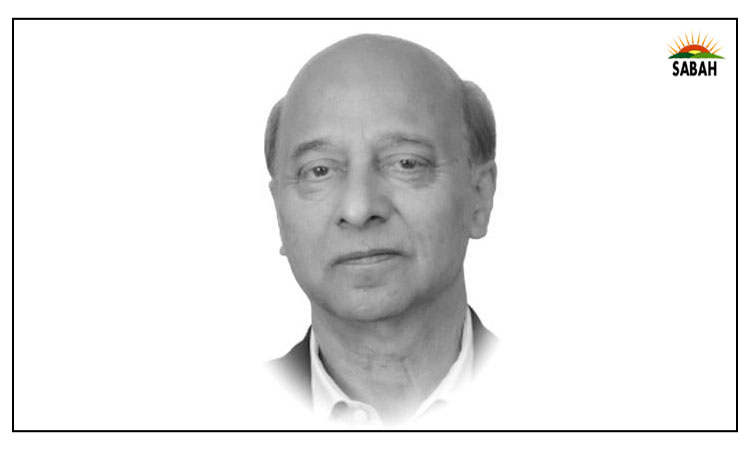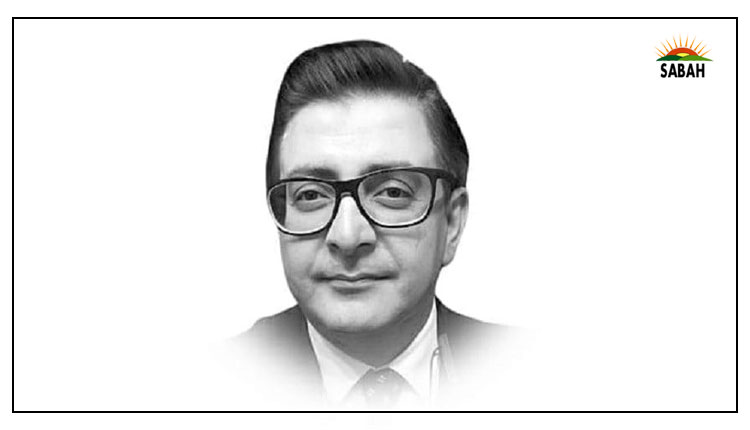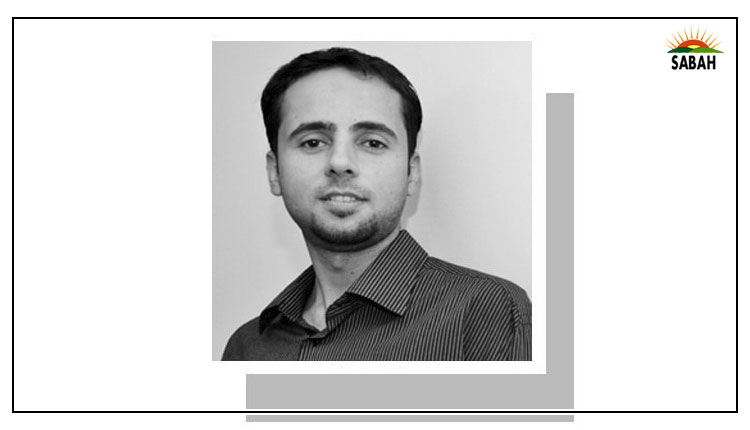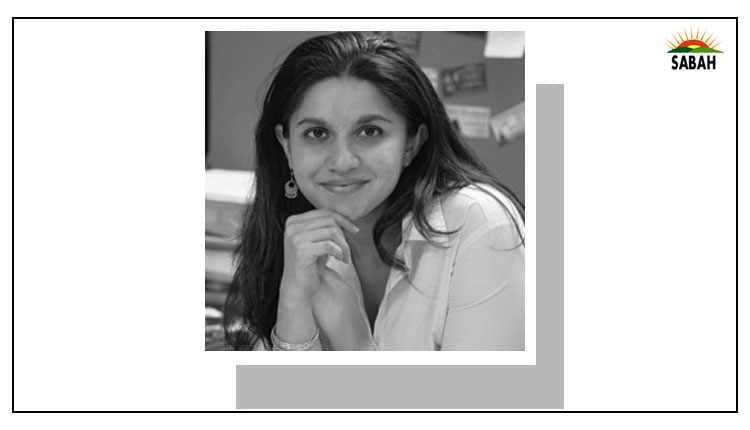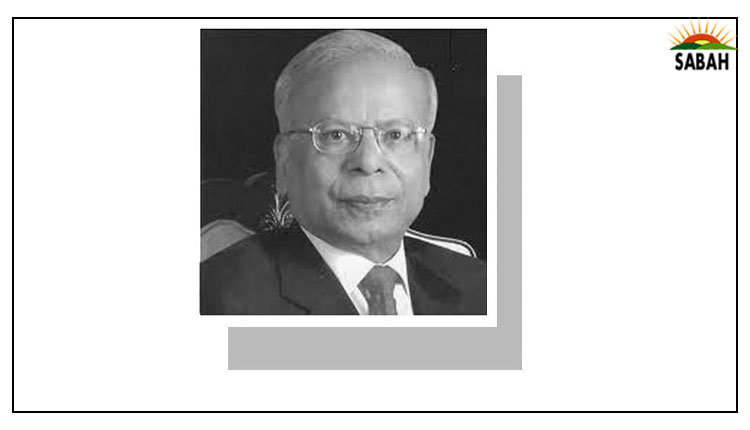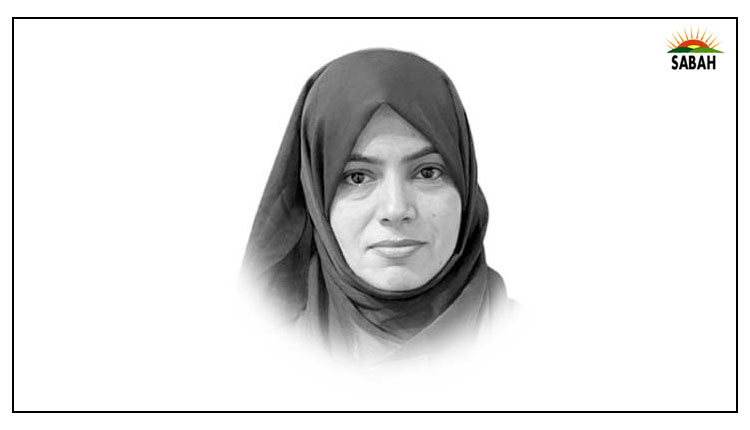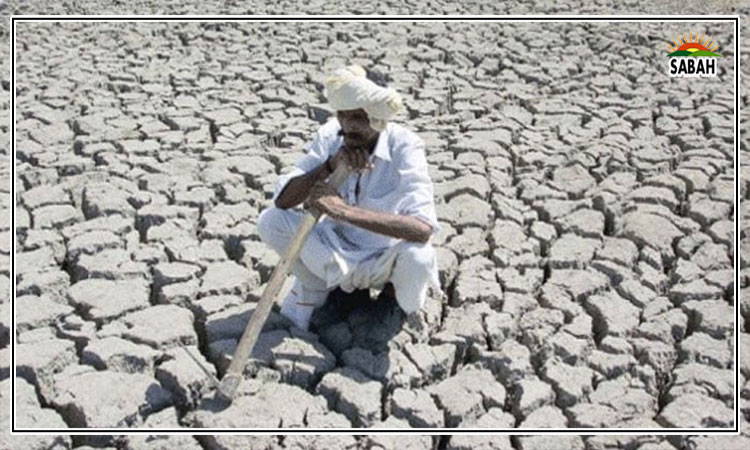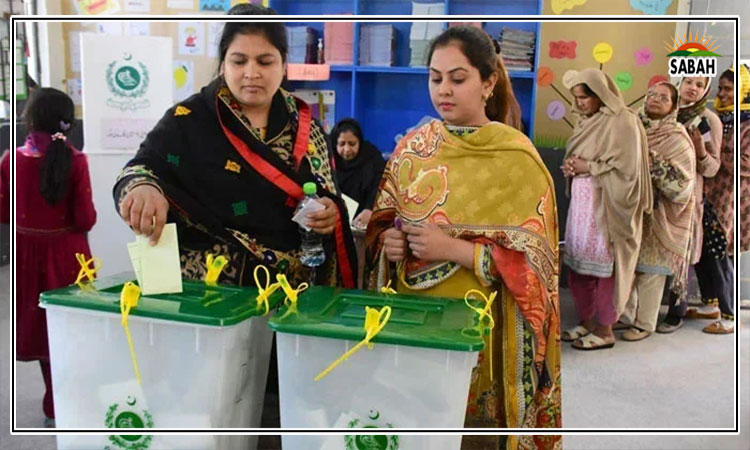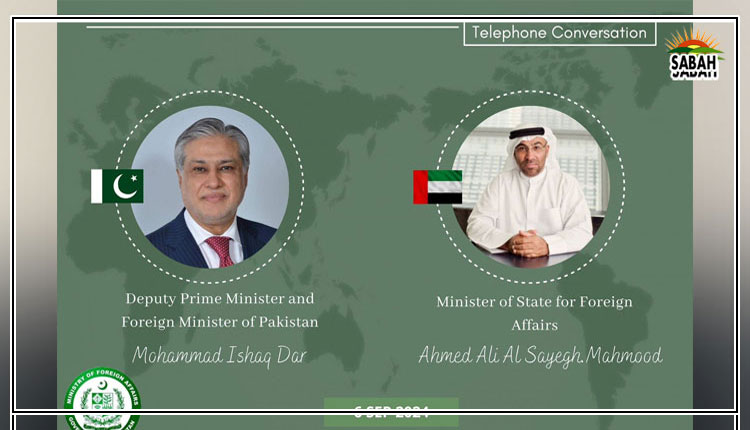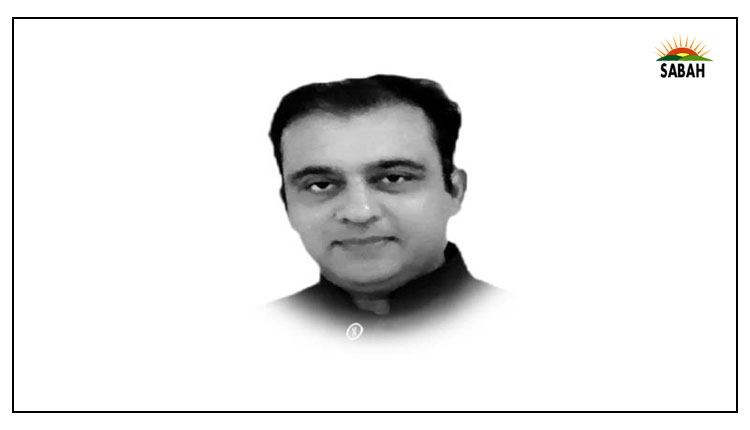Dim prospects of Pakistan-India rapprochement…Kamran Yousaf
World leaders congratulated Shehbaz Sharif over his election as the Prime Minister of Pakistan in controversial polls. Indian Prime Minister Narendra Modi joined other leaders to extend a message of felicitation to his Pakistani counterpart. Given the nature of the current relationship between the two nuclear-armed neighbours, it was not being expected of Modi to greet Shehbaz. But the felicitation message was unusually terse. The two countries have exchanged greetings in the past in elections held in each others country. In fact, when Modi was first elected as Prime Minister of India in May 2014, he got a call from then Pakistani Prime Minister Nawaz Sharif. Similarly, Imran Khan called Modi over his election victory in May 2019 despite the two countries being on the verge of a full scale war a few months before that. When Shehbaz replaced Imran in April 2022, Modi also congratulated the younger Sharif. The felicitation message was more explicit and warm at the time. Modi, while greeting Shehbaz, did mention the need for regional peace as well as a reference to terrorism. Shehbaz responded in kind. While Modi raised the issue of terrorism, Shehbaz mentioned the longstanding Kashmir dispute. But this time when Modi posted a message on X, he neither talked about the future of ties nor referred to terrorism. Pakistani policymakers took time to respond to Modis message. There were consultations about the response of the Prime Minister given Modis brief statement. All agreed that Shehbaz should thank Modi but with a terse message matching the Indian Prime Ministers statement.
In diplomacy, what you say is important but at times what you dont say is even more telling. The message of Modi can be interpreted in many ways. Optimists believe that despite stalemate in the bilateral ties, Modis move to greet Shehbaz suggested he wanted to keep the window for talks open. His terse statement may have to do with the upcoming elections in India. Some analysts think that weeks before the crucial parliamentary polls, Modi does not want to send any message to his electorate that portrays a softening of his stance towards Pakistan. The other perspective is that while Modi congratulated Shehbaz, his brief statement indicated the nature of relationship India wants with Pakistan. Making no mention of future ties or other issues suggested that India was no more keen to have any meaningful engagement with Pakistan. India, under BJP, wants to continue with the stalemate. The policymakers in New Delhi think India can sustain this policy as done in the last several years. Pakistani diplomatic circles believe that India would never allow any breathing space to Islamabad given our current economic and political predicaments. Prospects of any rapprochement are dim, they say. One aspect that makes people take a grimmer view is the absence of Nawaz Sharif as Prime Minister. Prior to the elections, there were hopes that if elder Sharif returned as PM, that might pave the way for some engagement with India.
Meanwhile, India, under Modi, is following a clear new strategy to sidestep Pakistan over the issue of Kashmir. Modi travelled to Srinagar for the first time since he revoked the special status of Jammu and Kashmir in August 2019. In what seems a calculated move, Modi neither mentioned Pakistan nor terrorism in his speech to the public rally in the valley. He described the disputed Kashmir region as the crown of India. Since the repeal of Article 370, India has tried to portray normalcy in Kashmir. It organised investment conferences, took foreign diplomats to the valley and recently arranged a visit to the occupied region of cricket legend Sachin Tendulkar to show to the world that all is well. But Indias own think tanks say that despite claims, the Article 370 abrogation has not brought normalcy to the disputed region. India is trying to change the goalpost on Kashmir. This is a real challenge for Pakistan, which is grappling with economic and political problems, to counter the Indian move.
Courtesy The Express Tribune


